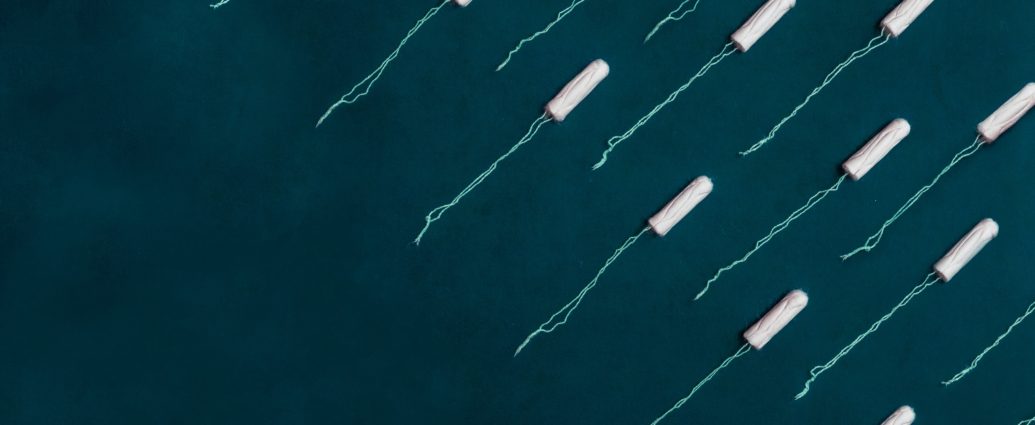TW: This article discusses the health condition Endometriosis.
I remember getting my first period when I was 12. My mum didn’t throw me a period party, we didn’t all gather around and celebrate the occasion and we certainly didn’t sit and eat cake. I remember my first period because I fainted and from that moment I’ve spent numerous hours in doctors appointments speaking to doctors, nurses and gynaecologists. This has also meant numerous prescriptions, desperately trying any medication they will prescribe just to help the pain. And yet, in a report released today, MPs called for urgent government action to support the 1.5 million people like me who live with endometriosis. The report shows that there has been no improvement in diagnosis for a decade.
When I think back to my school days what I remember most is the moments when my period would come on. Sitting in the nurse’s office begging for them to send me home, hot sweats whilst wearing a thick blazer and a kilt down to my shins all whilst trying to act semi composed when inside it felt like my body was trying to kill me.
8 years on and I’m still in the same position as I was when I was 12.
Endometriosis is characterised by debilitating periods, heavy bleeding, extreme pelvic pain and infertility. The general waiting time for a diagnosis is 7.5 years and is named as one of the NHS’ top 20 painful conditions.
The government has led an inquiry chaired by Conservative MP Sir David Amess who said, “It is not acceptable that endometriosis and its potentially debilitating and damaging symptoms are often ignored or not taken seriously – or downplayed as linked to the menstrual cycle and periods.”
The All Party Political Group inquiry saw more than 10,000 people take part finding that 58% of these had been to their GP over 10 times before a diagnosis. With 53% needing to go to A and E with symptoms before getting a diagnosis.
Nadine Dorries, minister for women’s health commented that, “Clinicians have a vital role in removing stigma associated with endometriosis and I would urge them to follow the NICE guidelines, and to do all they can to support the mental and physical health of those suffering from this condition.”
For anyone waiting on a diagnosis all they want is to be believed. I’ve spent many appointments being fobbed off by professionals, from being told ‘it’s just a painful period’ and being not believed even to the point of being prescribed mental illness and anxiety medication. Although one of the most unhelpful things I’ve ever been told is to try home remedies like raspberry leaf tea, a situation where if you don’t laugh you’ll cry. However my story isn’t too dissimilar to others.
As the government inquiry was released, Endometriosis UK have urged people to share their experiences of the condition. Amongst these was TV presenter Julia Bradbury who received a diagnosis in her 30’s.
Endometriosis affects 1 in 10 women in the UK & can cause debilitating pain, very heavy periods & infertility. I was diagnosed in my 30’s but a new UK report has found the average wait for a diagnosis is 8yrs! Read more at @EndometriosisUK. #education #Awareness #endometriosis pic.twitter.com/RsTmWQzVZX
— Julia Bradbury (@JuliaBradbury) October 19, 2020
As more people share their stories it shows that you aren’t alone. Finding an answer and gaining a diagnosis can be a long battle and a hard fight. My period affects every aspect of my life, from having to have days off school to strategically arranging plans.
Whether you have a diagnosis or not your feelings and pain are still valid. If your period affects your day to day life then please go and see a healthcare professional. If you aren’t happy with the first opinion always go and get a second one. If you do know someone who may be struggling, listen and believe them, all they want, is to feel that they aren’t going crazy (and please don’t suggest raspberry leaf tea because I will personally tell you how unhelpful that is.)
For further support see the Endometriosis Support Service website here
Neve Gordon-Farleigh
Featured image courtesy of Josefin via Unsplash. Image license can be found here. No changes were made to this image.

